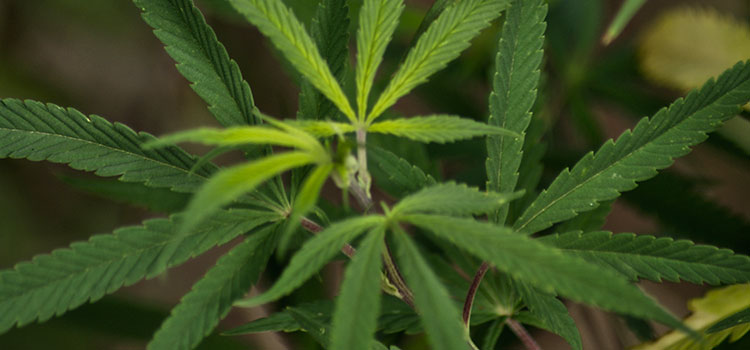Every industry will eventually have a crisis. The unknowns are what that crisis might be and how operators will handle it.
The legal cannabis industry is almost certain to expand. Six state initiatives, both recreational and medical, have already qualified to appear on their respective state ballots in November. Another measure in Arizona has garnered enough signatures, but is currently being challenged over the initiative’s “regulate like alcohol” language.
So far this year, cannabis products in Colorado and Washington — both recreational use states — have been recalled over pesticide concerns. A wrongful death lawsuit was filed in Colorado last May seeking damages from two cannabis companies by the family of Kristine Kirk, who was shot and killed by her husband, Richard Kirk, in April 2014. That suit claims the companies failed to issue appropriate warnings about the potency and possible side-effects of marijuana-infused candy purchased by Mr. Kirk the night of the murder.
As the industry grows and cannabis policies become more normalized, many cannabusiness owners will likely face intense public scrutiny and a potential myriad of lawsuits and recalls — setbacks that could cost them not only money but also their reputation in the nascent market. Even the most pragmatic, business savvy owners can fall prey to a crisis that could result in a public relations disaster.
The Higher Ground Agency is a Marina Del Rey, California-based PR firm specializing in the marijuana industry. California is one of the states that will vote on recreational legalization this November.
Julie Fornaro, Higher Ground Agency’s crisis communications expert, explains that “consumer attitudes toward the legal sale of cannabis-related products are still in the process of shifting,” in part because the industry “surrounds the commercialization of products that have been traditionally illegal.”
“Some crises, when not handled well, have the power to shut down the business completely,” Fornaro said in an email with Ganjapreneur.
Public relations firms are often hired for company promotions, but their services can also help mitigate disastrous circumstances. Typically mid-to-large sized businesses will hire firms on retainer, and smaller companies with tighter budgets could consider hiring a firm, or a freelance consultant, on a per-project basis. Either way, a team with crisis communications experts can help owners avoid common mistakes following a calamity. The response to crises can differ — the filing or outcome of a legal case is not likely to have the same impact as an incident involving injury or death. Business owners’ ultimate goal is to reduce the negative impact on their companies.
According to Fornaro, some common PR mistakes made post-crisis include making comments and releasing statements that haven’t been approved by both legal counsel and a public relations specialist. These statements can sometimes be construed as an assumption of guilt and can be used against a defending party in court. The cost of post-crisis recovery, if managed incorrectly, could be more expensive for the company than engaging public relations counsel.
“The ability to recover is more contingent upon the severity of the crisis and, perhaps more importantly, how the company handles the crisis once it occurs,” said Fornaro. “Additionally, if a company has built a good reputation through PR before a crisis hits, that will also positively influence the amount of time it takes to get over the crisis.”
Due to the nature of the cannabis industry, the public perception of a start-up is imperative to its early success. Even in legal states some municipalities and counties have prohibited dispensaries from operating due to the values and opinions of the region – sometimes businesses have to change opinions before they make their first sale.
In 2009, Ean Seeb and Kayvan Shalatbari, co-founders of Denver Relief launched their Green Team organization, which performs community outreach in Colorado and Massachusetts. According to Betty Aldworth, deputy director of the National Cannabis Industry Association, ten cannabis dispensaries donated “at least $10,000 or $20,000” to charity in 2012. However, due to marijuana’s Schedule I federal status, some charities still refuse donations from the cannabis industry because they are breaking federal law.
In addition to community outreach, Fornaro suggests new business consider promoting the therapy benefits of cannabis and the tax revenue benefits to localities in order to better assimilate into their community and, perhaps, maintain their reputation and win public support when crisis strikes.
Get daily cannabis business news updates. Subscribe
End



